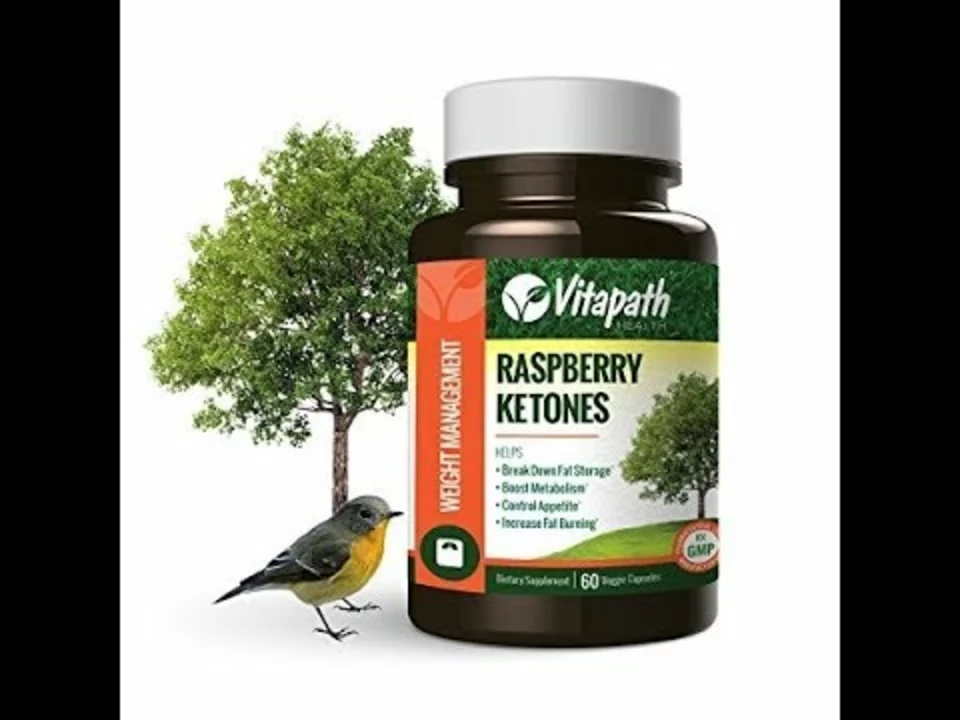Skin Health: Simple, Practical Tips for Better Skin
Your skin is your body's largest organ and it tells you when something's off. Good skin isn't about expensive products. It's about consistent habits: protecting from the sun, cleaning without stripping, using the right moisturiser, and treating problems early.
Start with sun protection every day. UV damage causes premature aging, dark spots, and increases skin cancer risk. Use a broad-spectrum sunscreen with at least SPF 30, apply 15 minutes before going outside, and reapply every two hours when you're in the sun. Don't forget lips, ears, and the back of the neck.
Keep cleansing simple. Twice a day is enough for most people. Choose a gentle cleanser that fits your skin type - cream or lotion cleansers for dry skin, foaming or gel cleansers for oily skin. Avoid hot water and harsh scrubs that strip natural oils. Pat skin dry and follow with a lightweight moisturiser to lock in hydration.
Moisturise based on needs. If your skin feels tight or flaky, use a richer cream with ceramides or hyaluronic acid. For oily or acne-prone skin, pick non-comedogenic, oil-free formulas. Nighttime is prime time for repair: apply a slightly thicker layer or a product with niacinamide or peptides to support skin barrier and tone.
Acne, eczema, rosacea, and hyperpigmentation are common. For acne, look for products with benzoyl peroxide, salicylic acid, or a prescription retinoid from your doctor. Eczema responds well to fragrance-free emollients and gentle routines; avoid known irritants. Rosacea often needs a low-irritant approach and medical treatment. For dark spots, consistent sunscreen plus targeted ingredients like vitamin C or azelaic acid helps over weeks to months.
Daily habits that make a difference
Sleep well and manage stress: both affect inflammation and skin healing. Eat a balanced diet with vegetables, healthy fats, and enough protein to support repair. Stay hydrated but know that water alone won't fix dry skin if the barrier is damaged. Limit smoking and excess alcohol - they age skin faster.
Choosing products and when to see a pro
Read labels: avoid heavy fragrances, drying alcohols, and anything that causes stinging. Patch test new actives like retinoids and acids on a small area first. If over-the-counter options don't help after a few weeks, or if you have sudden severe symptoms like intense redness, pain, or unexplained sores, see a dermatologist. Prescription treatments and procedures can solve problems that home care can't.
Small consistent steps beat dramatic one-time fixes. Use sun protection daily, keep your routine simple, and pick targeted ingredients for your main concern. When in doubt, get a professional opinion rather than chasing quick results. Healthy skin is the sum of steady care and smart choices.
Add one weekly habit: gentle exfoliation to remove dead skin and improve product absorption. Use a mild chemical exfoliant like lactic or mandelic acid once a week if your skin tolerates it. If you use retinoids, alternate days. Monitor redness and scaling and back off if irritation appears.
Consistency beats flashy products.
